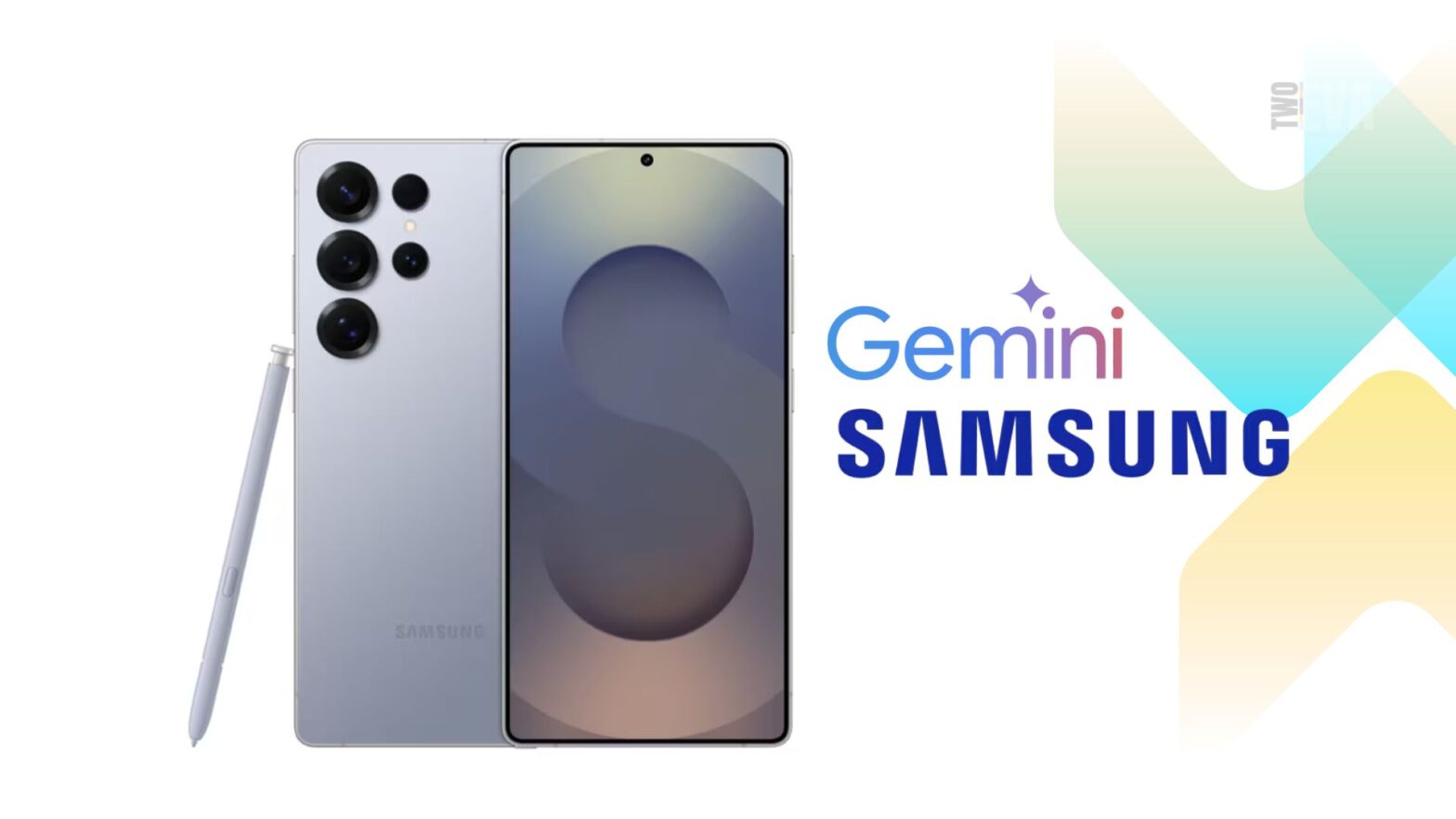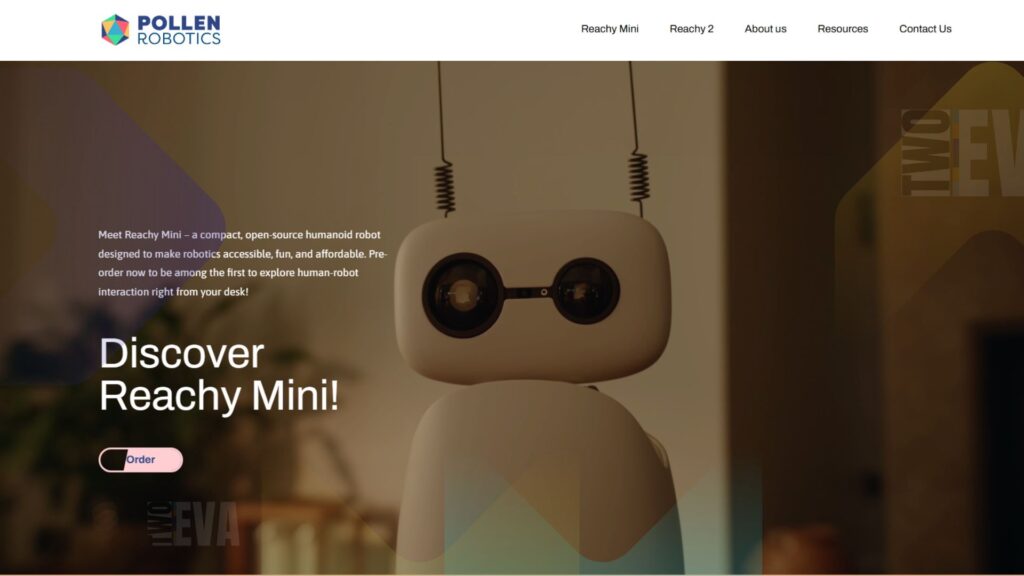Samsung has entered into an exclusive two-year agreement with Google to integrate the tech giant’s Gemini AI into Samsung Galaxy devices through 2027. This partnership marks a decisive move away from Samsung‘s proprietary Bixby assistant.
The deal, which makes Samsung the first major global smartphone brand to adopt Google’s Gemini Pro and Imagen 2 generative AI models at scale, began with the Galaxy S24 series. Under the terms of the contract, Google will provide Samsung with fixed monthly payments for each device that comes preinstalled with Gemini, alongside a revenue-sharing component.
A Strategic Pivot in Mobile AI
Samsung’s decision to partner with Google for AI capabilities comes after years of investment in its own Bixby assistant. While Bixby had its merits, it struggled to match the rapid advancements made by competitors in the field of generative AI. By leveraging Google’s advanced technology, Samsung aims to offer exclusive device features and experiences that set its products apart in an increasingly crowded market.
This collaboration is not just about keeping pace; it’s about leapfrogging the competition. With industry forecasts predicting over one billion AI-powered smartphones to be shipped between 2024 and 2027, the timing of this exclusive deal is particularly significant. Samsung is positioning itself at the forefront of this AI revolution in mobile technology.
What This Means for Galaxy Users
For Galaxy device owners, this partnership promises a suite of cutting-edge AI features powered by Gemini. These capabilities are expected to enhance everything from language understanding and contextual assistance to creative tools and productivity features.
Importantly, Samsung has committed to providing free access to Gemini-powered Galaxy AI features through at least the end of 2025. This gives users ample time to explore and integrate these advanced AI capabilities into their daily lives without additional cost. However, it’s worth noting that some features may move behind a subscription paywall in the future, as Samsung explores potential monetization strategies for its AI offerings.
Implications for the Broader Smartphone Market
The Samsung-Google Gemini deal has far-reaching implications for the smartphone industry. It intensifies the competition among Android device makers and potentially widens the gap between Android and iOS in terms of AI capabilities.
Other manufacturers may find themselves under pressure to secure similar partnerships or develop comparable in-house AI solutions to remain competitive. The exclusivity period gives Samsung a significant head start in integrating and optimizing Gemini’s capabilities for mobile use.
Google’s Multi-Faceted Strategy
While this deal represents a major win for Google in expanding Gemini’s reach, it also raises questions about the tech giant’s strategy for its own Pixel devices. Google has indicated that it will continue to develop separate, exclusive AI features for its Pixel series, ensuring that its first-party hardware maintains a unique value proposition.
This balancing act between empowering partners like Samsung and differentiating its own products showcases Google’s nuanced approach to AI distribution in the Android ecosystem.
Looking Ahead
As the partnership unfolds, industry watchers will be keen to observe how Samsung leverages Gemini to innovate and differentiate its products. The success of this collaboration could set a precedent for similar agreements in the future, potentially reshaping how AI technologies are developed and distributed in the mobile sector.
For consumers, the promise of more sophisticated, helpful, and accessible AI features on their smartphones is an exciting prospect. As these technologies become more deeply integrated into our daily lives, they have the potential to transform how we interact with our devices and the digital world around us.
The Samsung-Google Gemini partnership represents more than just a business deal; it’s a harbinger of the AI-first future of mobile computing. As this technology continues to evolve, it will be fascinating to see how it shapes the competitive landscape and user experiences in the years to come.

















